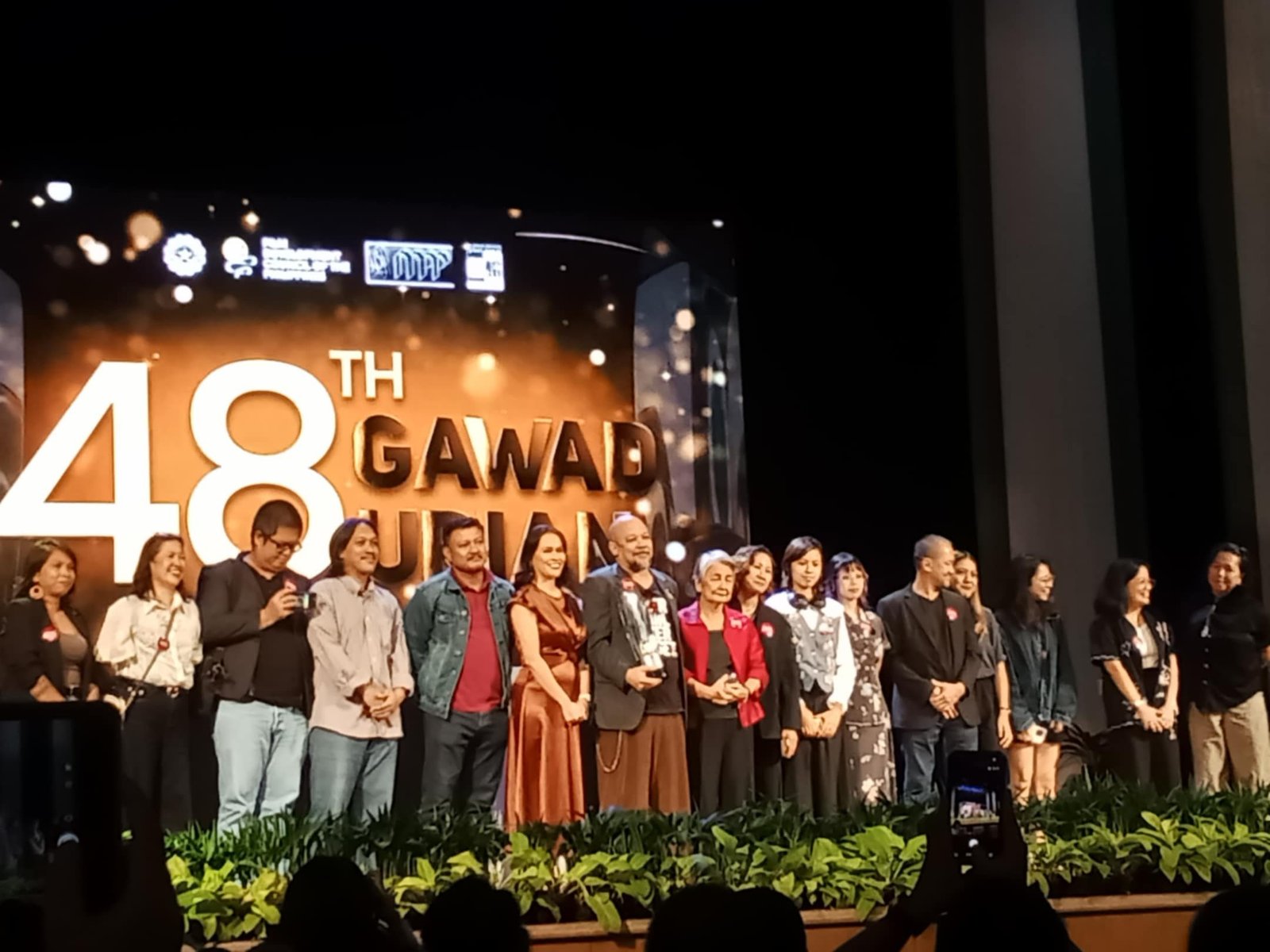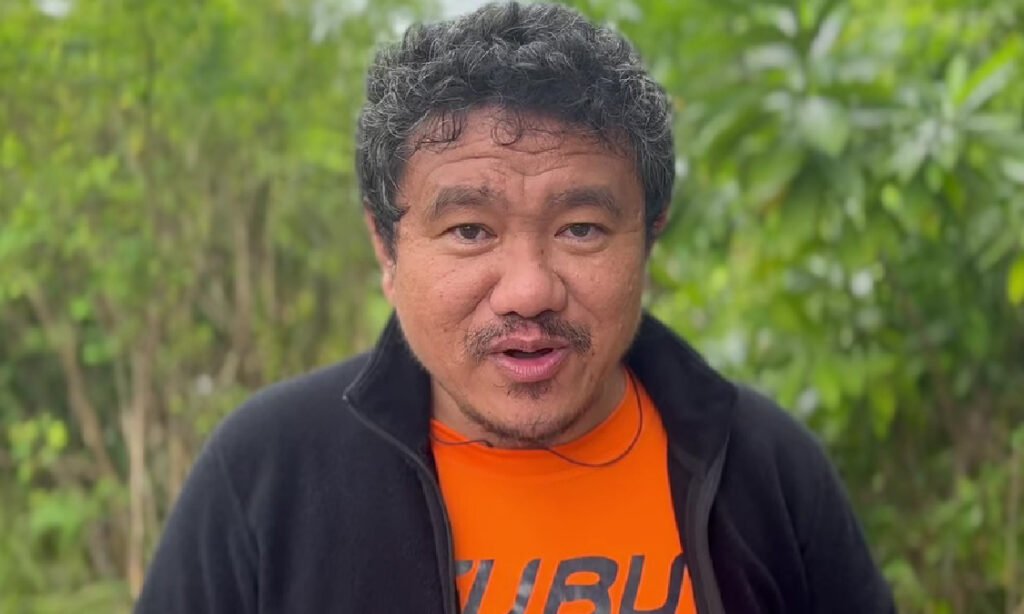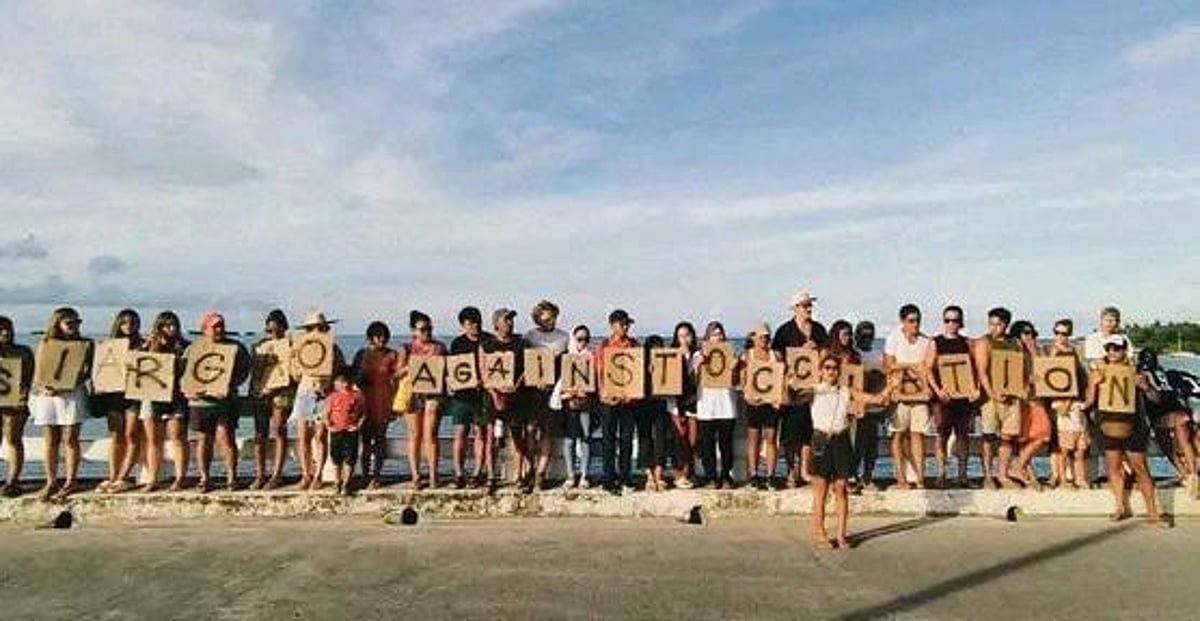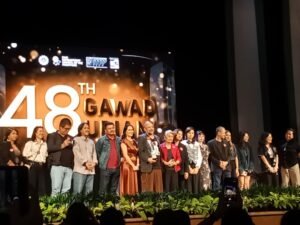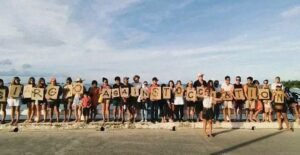BY EDISON JOSEPH GONZALES
Beneath the turquoise waters of the Philippines’ Coral Triangle, reefs are dying and fish are disappearing. Communities are racing to protect them before it is too late, said Rodne Galicia, national convener of Aksyon Klima Pilipinas and executive director of the Living Laudato Si’ Movement Philippines.
“Our coral reefs and fish populations are deteriorating. The severity is high, the trend is worsening, and the urgency is immediate,” he told the BNC’s “Beautiful Day.”
The world is in the fourth global coral bleaching event, which began in 2023. Mass bleaching has been documented in more than 80 countries. The 2025 reef survey reports the worst annual coral loss in 39 years. Even in the Philippines, recovery potential is moderate to low, Galicia warned.
Climate change is amplifying the problem. “Our forests absorb carbon dioxide, but our oceans absorb more. If our oceans absorb more carbon dioxide, it becomes more acidic, and it reduces the ability of corals, shellfish and other calcifying organisms to build their skeletons and shells,” Galicia explained.
Warmer waters hold less oxygen, creating dead zones where marine life struggles to survive. Fish migrate toward cooler waters, upsetting ecosystems and traditional fisheries.
“Predators and prey can become out of sync. Climate change reshapes entire marine ecosystems,” he added.
The Philippines lacks a nationally coordinated system to monitor reefs. “Without up-to-date information, it is difficult to detect trends or respond to bleaching events and fishery declines,” Galicia said.
Programs like ShortUp train local volunteers to monitor reefs. Their observations feed into databases that guide conservation policies and community action.
“There is a critical need to train citizen scientists and establish standardized monitoring supported by government, academe, NGOs and local communities,” Galicia said.
Hope comes from action. Galicia points to bayanihan, the Filipino tradition of helping one another. “Napakasimple lang… bayanihan ng mga tao, yung pagtutulong-tulong ng mga tao. We need a whole-of-society approach. It is not only the government who needs to act. The private sector and government helping each other, communities will really learn from that,” he said.
“When communities are empowered, the movement becomes collective. We cannot separate these issues from survival, food security, sea level rise or storm surges. They are all connected,” he added.
“Caring for our oceans is a shared responsibility,” he said. “Everyone can help, and every action counts.”
